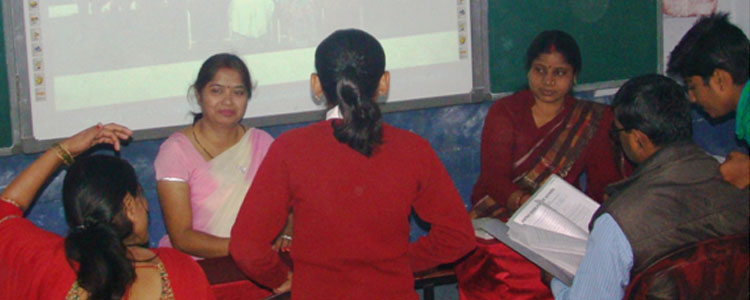Parents Teacher Meet
In order to establish a meaningful relationship between the school and the parents, meeting are held as per schedule supplied by school office to students to discuss of each student.

During the academic year, Parents of Patna Doon Public School are invited to visit the campus for regular Parent Teacher Meet (min 4 times in a calendar session).
What is a Parent Teacher Meet?
A Parent-Teacher Meet is a meeting between you and your child's teacher to discuss your child's progress in school. Parent-teachers conferences happen in elementary, middle, and high section of school. Coming to the parent-teacher conference provides you and the teacher an opportunity to work together as a team in order to help your child. You each have an important perspective to share — as the parent, you know your child's personality, habits, strengths, and weaknesses.
It is also helpful for teachers to know if a child is experiencing a difficult situation outside of school, such as a divorce, the death of a relative, a medical problem, or anything else that may affect the child's mood or behaviour. Knowing of such changes will help the teacher provide the child with the necessary support in the classroom.
Your child's teacher will probably show you some samples of your child's work, and may discuss your child's progress, grades, homework, and behaviour. The teacher may also ask you about any concerns that she has about your child, as well as questions about his study habits. These questions are intended to help the teacher provide your child with any additional support needed in the classroom, and are not intended to make you feel uncomfortable or defensive.
The conference is also an opportunity for you to ask questions about your child's progress, to learn more about the class and what the students are studying, and to find out if your child is having difficulty with anything in particular.
In addition, the more you know about your children's school and classes, the more likely they will be to talk about daily experiences with you. They will appreciate your concern and involvement, and they will be more likely to approach you when they have problems.
